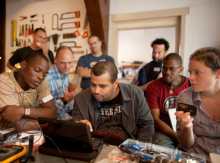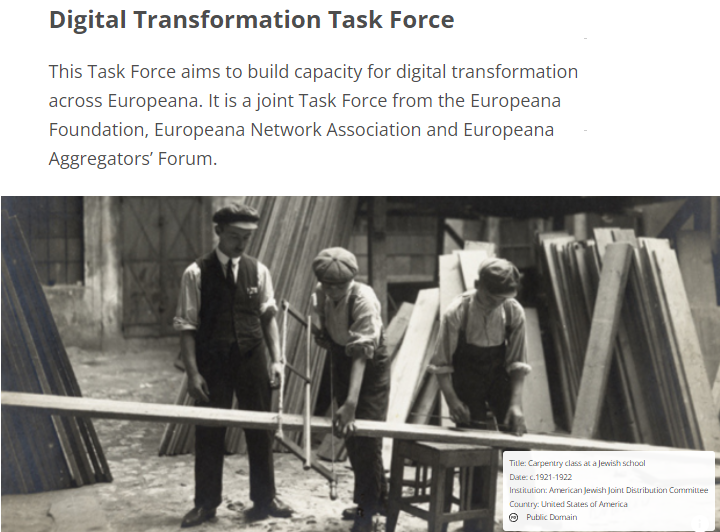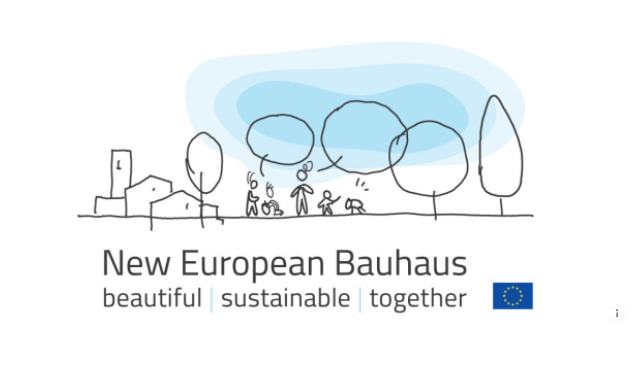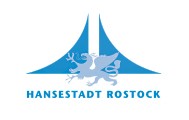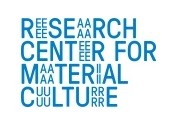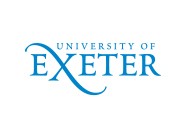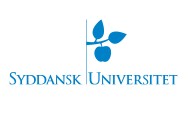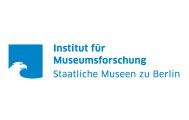This document summarises MEMOLA project findings with regard to the impact of the European Water Policy on the cultural heritage associated with historical irrigation systems and presents suggestions for policy interventions.
MEMOLA is associated partner of RICHES project for a nice collaboration and cross dissemination of the respective areas of research, which insist on different, yet connected aspects of Cultural Heritage.
The document is available on the new RICHES RESOURCES website.

Since antiquity, irrigated agriculture has had a significant impact on ecosystems in the
Mediterranean basin, where water resources are limited and irregular in time. Furthermore, the ‘historical irrigation systems’ (HIS) have played a particular role in the ecological history of landscape, not only in southern Europe, but also in very different environmental regions across Europe.
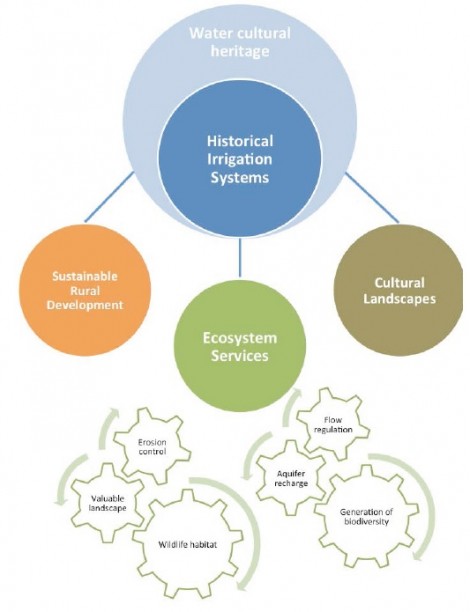 The HIS should be understood as complex land and water management systems, which use the water gravitational potential through distribution networks with simple structures, operated on a small scale and managed by local farmer communities. They work as a socio-ecological constructs which have been able to survive during centuries, thanks to a relevant resilience capacity and a sustainable use of the natural resources. The water cultural heritage associated with these systems relates not only to the technology, items and architecture developed, but also to practices, based on traditional environmental knowledge, which have generated intangible heritage values.
The HIS should be understood as complex land and water management systems, which use the water gravitational potential through distribution networks with simple structures, operated on a small scale and managed by local farmer communities. They work as a socio-ecological constructs which have been able to survive during centuries, thanks to a relevant resilience capacity and a sustainable use of the natural resources. The water cultural heritage associated with these systems relates not only to the technology, items and architecture developed, but also to practices, based on traditional environmental knowledge, which have generated intangible heritage values.
In this policy brief, the impact of the EU water policy on the HIS, as well as on the values
associated with them, are analysed and some policy implications and recommendations are derived. All the findings presented here were drawn from meetings with stakeholders and from the detailed assessment of water policy documentation corresponding to the study area of MEMOLA, ‘Sierra Nevada’.



